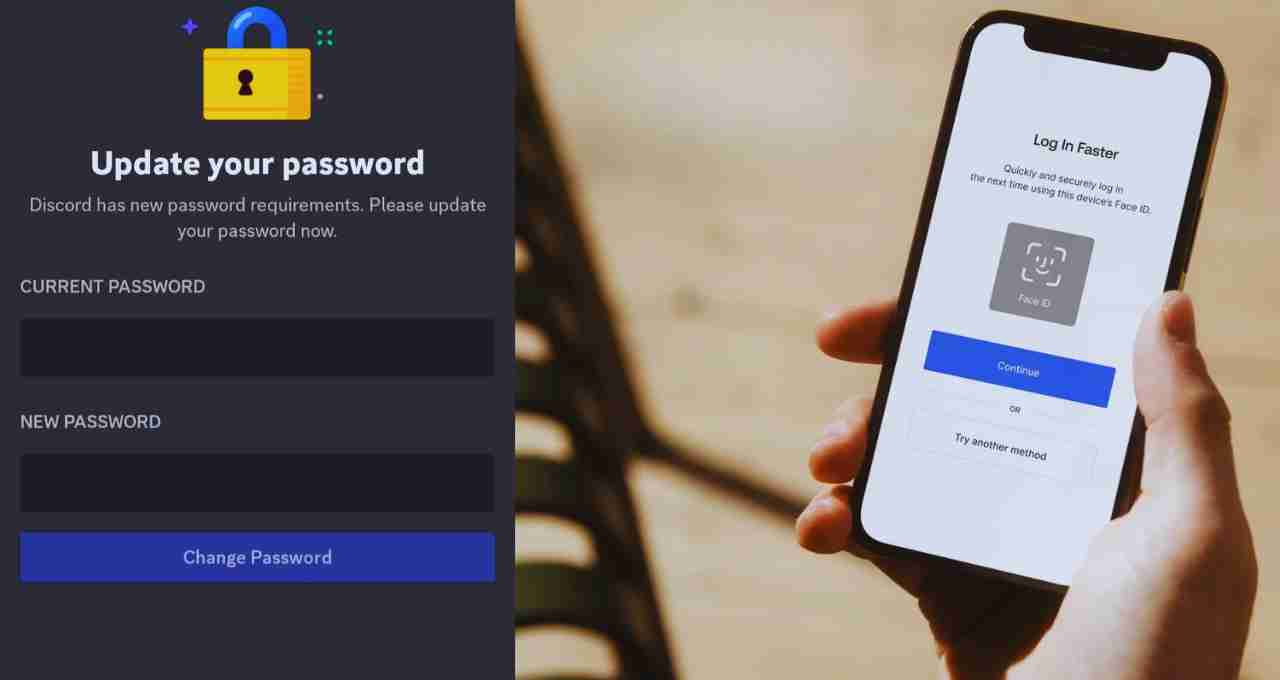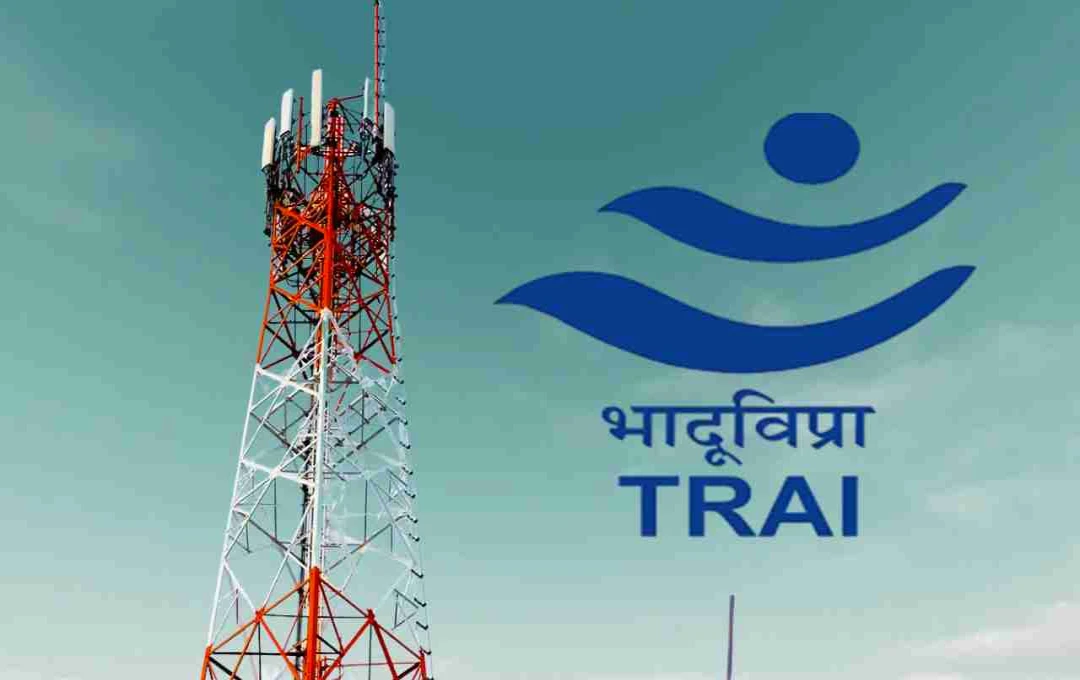Data of 184 million users was leaked, including emails, passwords, and direct login links. Insecure cloud settings caused significant damage. Users should immediately change passwords and adopt multi-factor authentication.
A major security breach has recently emerged in the cyber world, resulting in the leak of sensitive data belonging to over 184 million users. This data breach exposed crucial personal details such as user email IDs, passwords, and direct login links. This incident is a significant concern for the US cybersecurity community.
What happened in this data breach?
Cybersecurity expert Jeremiah Fowler discovered an unsecured database publicly accessible on the internet. This database contained a vast amount of user data, including information from numerous accounts associated with Apple, Google, Microsoft, Meta (Facebook, Instagram), banking institutions, crypto wallets, and government services. Critically, the passwords were stored in plain text, meaning they were not encrypted. This made it extremely easy for hackers to access user accounts.
The database contained not only user emails and passwords but also direct login links. This means hackers could log into user accounts directly without needing passwords. This poses a significant threat to account security.
Which companies and services were affected?

The leaked data includes user accounts from several large and popular digital platforms. These include:
- Apple: iCloud and iTunes account information was leaked.
- Google: User data from various services such as Gmail, Google Drive, and Google Workspace was exposed.
- Meta: Facebook and Instagram login credentials were also affected.
- Microsoft: Data from users of multiple Microsoft services, including Outlook, Office 365, and Teams, was leaked.
- Additionally, sensitive information from users of banking portals, crypto wallets, and government platforms was leaked.
What makes this data leak unique and dangerous?
Typically, in data breaches, passwords are encrypted to prevent immediate reading or use even if stolen. However, in this case, the data was entirely in plain text, meaning hackers could use these passwords without difficulty. Furthermore, the presence of direct login links makes hacking user accounts even easier. Such links allow hackers direct access to accounts without needing the user's password.
These two factors combine to make this data leak significantly more dangerous than previous incidents. This provides a considerable advantage to cybercriminals and could have a profound impact on users' digital lives.
Significant damage due to cloud security flaws
The primary cause of this data leak is improper or weak security settings on the cloud server. This database was likely hosted on a cloud platform such as Amazon Web Services (AWS), Google Cloud, or Microsoft Azure. However, a lack of security protocols or misconfiguration left it publicly accessible.
According to a recent IBM report, 82% of data breaches last year occurred in cloud environments due to poor access control or public buckets exposing sensitive information. This incident demonstrates the same error, exposing the data of millions of users.
The threat to you and what to do

To protect against such large-scale data leaks, every user needs to be vigilant. Here are some important security measures to enhance your digital security:
- Immediately change your passwords for all online accounts: Especially those services whose data was leaked.
- Enable multi-factor authentication (MFA): Implementing multiple security layers significantly reduces the chances of your account being compromised.
- Use b and unique passwords: Create different and robust passwords for each account to prevent hacking from spreading across services.
- Use a password manager: This simplifies the creation and management of secure passwords.
- Set up alerts for your banking and credit cards: This allows for immediate detection of suspicious activity.
- Check using tools like Google Password Checkup: This helps determine if your data has been compromised.
- Carefully open emails and avoid clicking unknown links: This is crucial to avoid phishing attacks.
Responsibility of governments and companies for digital security
User vigilance alone is insufficient to prevent large-scale data breaches. Companies and cloud service providers must also strengthen security standards. Correcting faulty cloud settings and weak access control systems is crucial. Governments should strengthen cybersecurity laws to control such cyberattacks.















